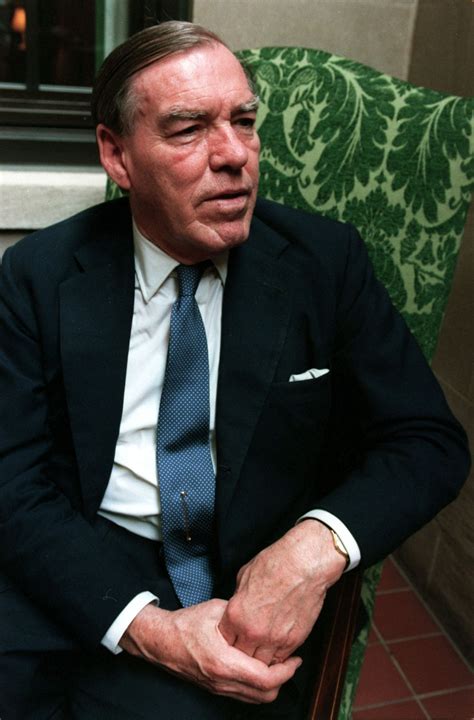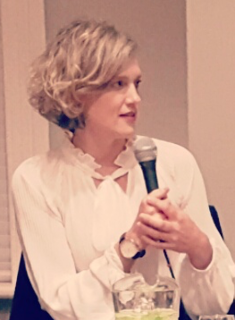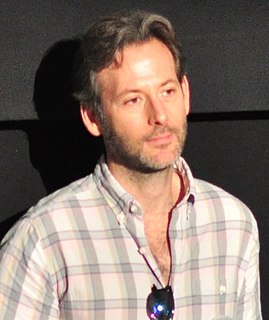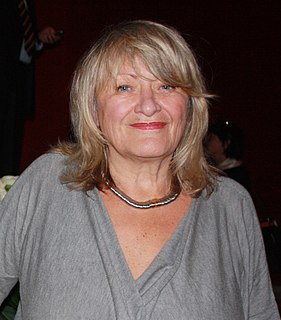A Quote by Salman Rushdie
Sometimes people have said that Islam, in its own calendar, is still only in the Middle Ages.
Related Quotes
Sometimes people have said that Islam, in its own calendar, is still only in the Middle Ages. It's still in the fifteenth century or whatever. And Christianity in the fifteenth century, after all, was full of inquisitions and burnings at the stake, and so on and so on. So give Islam time, and it will reach the point of maturity that other religions have. But Mormonism is much younger than Islam, and it's got there already. So I don't think that's an argument that works.
It was in 1590--winter. Austria was far away from the world, and asleep; it was still the Middle Ages in Austria, and promised to remain so forever. Some even set it away back centuries upon centuries and said that by the mental and spiritual clock it was still the Age of Belief in Austria. But they meant it as a compliment, not a slur, and it was so taken, and we were all proud of it. I remember it well, although I was only a boy; and I remember, too, the pleasure it gave me.
Muhammad brought down from heaven and put into the Koran not religious doctrines only, but political maxims, criminal and civil laws, and scientific theories. The Gospels on the other hand, deal only with the general relations between man and God and between man and man. Beyond that, they teach nothing and do not oblige people to believe anything. That alone, among a thousand reasons, is enough to show that Islam will not be able to hold its power long in ages of enlightenment and democracy, while Christianity is destined to reign in such ages, as in all others.
There has always been a confusion in the West about -Islam and about the Middle East and the assumption that the countries are Arab. Iranians very much object to that. They are very proud of their own history, but they have this real inferiority-superiority complex thing about the Arabs and the position of Islam in Iran. One of the reasons why Shi'a Islam is so entrenched in Iran is because it has allowed the Iranians to distinguish themselves from the Arabs, who are mostly Sunni.
People give you a hard time about being a kid at twelve. They didn't want to give you Halloween candy anymore. They said things like, “If this were the Middle Ages, you'd be married and you'd own a farm with about a million chickens on it.” They were trying to kick you out of childhood. Once you were gone, there was no going back, so you had to hold on as long as you could.
But when you only speak using generalizations, you run the danger of denying the specific. In recent decades, millions of people have come to us from cultural groups within which women have absolutely no rights. They do not have a voice of their own and they are totally dependent on their fathers, brothers or husbands. That applies to North Africa and that applies to large parts of the Middle East. It isn't always linked to Islam.
The first thing Islam does is to destroy the self image of the believers. It convinces them that without Islam they are worthless creatures only fit for hellfire. It tells them that their culture is jahelyyah (ignorance) and their ancestral religion was taaghoti (satanic). They are made to despise their identity and selfhood and seek their glory in their submission to Islam and slavery to its deity who was Muhammad's own alter ego.
In western civilization, the period ruled by mysticism is known as the 'Dark Ages' and the 'Middle Ages'. I will assume that you know the nature of that period and the state of human existence in those ages. The Renaissance broke the rules of the mystics. "Renaissance" means the "rebirth". Few people today will care to remind you that it was a rebirth of reason - of man's mind.






































